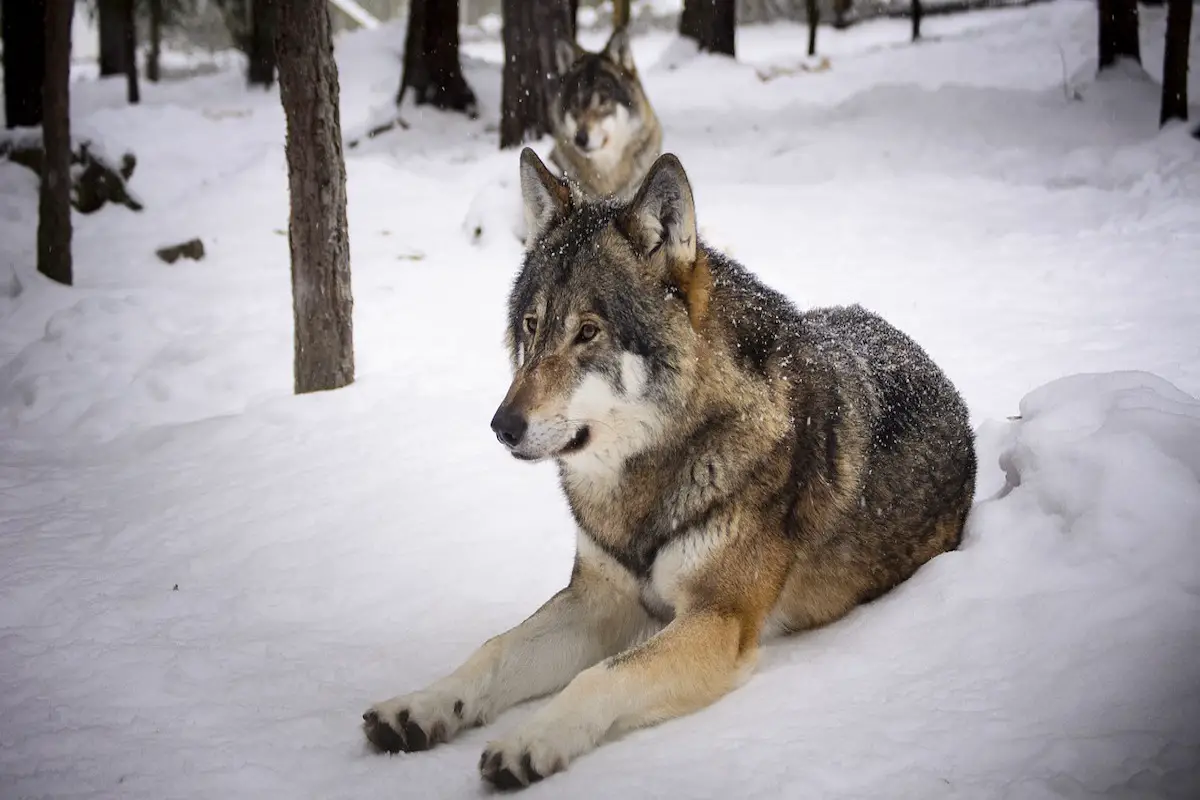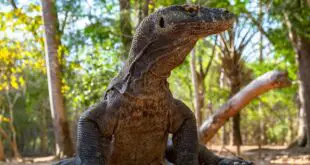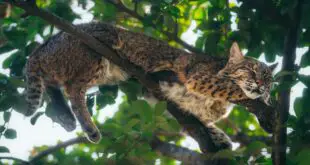No, wolves don’t hibernate. During the brutal winter, the wolf goes about his routine, remaining active despite the cold. Wolves are always active, seeking food, shelter, and whatever else they need to survive and to survive their families.
A wolf is an apex predator, meaning it sits at the top of the food chain. Since they are carnivores, they will prefer meat-based foods. The animals must hunt smaller or larger mammal species to obtain these foods, though they will eat just about anything if food is scarce.
During the winter, wolves remain active, unlike bears that enter a state of hibernation called “torpor.”. Wolves do not accumulate fat as bears do over spring, summer, and autumn. Instead, they’ll need to stay active to survive.
Do Wolves Hibernate Or Migrate?
Wolves do not hibernate or migrate. Winter is a time for many animals to hibernate in colder regions, but wolves are certainly not among these animals. Wolf species do not migrate to warmer places during winter, but they can sometimes descend to lower elevations while searching for prey.
A wolf is one of the animals that are well adapted to colder climates. During winter, many animals migrate or hibernate. Animals such as bears, squirrels, and bats hibernate during the winter because the climate conditions deteriorate at that time and food becomes scarce. To escape the cold, animals hibernate for a long time and awaken when spring arrives. Migratory animals leave their habitat and move to a warmer region to escape the cold to survive. Wolves do not fall into either of these categories. They have an adaptive feature that helps them fight the cold. The thick fur coat of wolf species protects their bodies from the cold by preventing their body heat from evaporating. They also hunt and live in packs, so when they rest, they huddle together to keep warm.
Why Wolves Don’t Hibernate
Due to their ability to hunt down prey within their territories during the winter, wolves don’t hibernate.
Sometimes, they’ll need to team up with other wolves to hunt larger mammals. Nevertheless, even a lone wolf can find food for itself. Food is not a concern, as it will eat anything from small mammals to rodents, to larger animals like deer.
If there are no fresh meat sources available, they won’t be too picky. They eat almost anything they can get their hands on, including insects, grasshoppers, and even birds if they have the chance.
Bears will hibernate, on the other hand, since they are omnivores and most of their food sources won’t be available in the winter. To supplement its intake of fresh meat, a brown bear normally consumes fruits and berries as well as some vegetables.
Sleeping Habits Of Wolves
Sleep is necessary for wolves, just as it is for other creatures. They will curl up in a ball in such temperatures, covering their nose with their tails as they do so. This conserves and directs hot air from the exhalation to the feet and nose.
Moreover, wolves always travel in packs, so you can be certain they sleep in packs as well. They will each snuggle up next to their mates in a unified effort to keep the clan warm.
What Do Wolves Do During The Winter?
Due to their thick furs, wolves can survive the long, cold winter nights. They can survive temperatures as low as -40 degrees Fahrenheit. As night falls, they’ll remain active and try to surprise other animals which are largely impeded by the snow.
The wolf will also sniff around its territory during the day, looking for potential food sources. A typical wolf, however, will go through periods of “feast or famine”, which means that once they catch a large prey item, they’ll be well-fed, while they might go days or weeks without catching anything at all.
A famine will cause them to conserve energy, and they will only use it to get their prey. They curl themselves into balls to keep warm during the night. A wolf will often seek out other wolves to spend the night with, as they stay close together to conserve heat.
They will have to travel to find prey if there is none in their area. The lone wolf or wolf pack may travel up to 25 miles per day; during the winter, lack of food may force them to travel hundreds. But once they find their prey, they usually stay in that area until they are satisfied.
Wolves form packs during the day and hunt as a group. This way, they can do many things:
- The more efficient they become at hunting, the more energy they conserve.
- The wolves are better able to track their prey in deep snow because they tend to follow other animals’ footsteps.
- Their strong sense of smell allows them to detect other animals up to two miles away.
- The pack will go after larger mammals when it’s in groups, so this will be enough food to feed everyone, including the younglings.
How Do Wolves Keep Themselves Warm?
Two thick layers of fur allow wolves to withstand extremely cold temperatures. The wolves will curl up into a ball as much as possible during the night to preserve heat and energy, as well as to join other wolves to share heat.
During the winter, wolves can stay awake because of these mechanisms. They can survive temperatures that are well below zero.
When the weather gets warmer, they will shed their upper coat so that they can become more comfortable with warmer temperatures. Moreover, they will also prepare in the fall for a lengthy winter; however, they won’t be as rigorous in these preparations as bears are, which collect more fat than wolves for hibernation.
Conclusion
Wolves are born and bred to withstand harsh winter conditions, so they are designed to withstand anything you can throw at them. The information above explains how their bodies were designed for such temperatures and conditions, but that doesn’t make hunting in them any easier.
In the perilous winter temperatures, deep snow hunting can be incredibly challenging, but they are capable of adapting and thriving. They probably don’t feel the need to hibernate for this reason.
You May Like These Articles As Well:
 Being Human
Being Human





